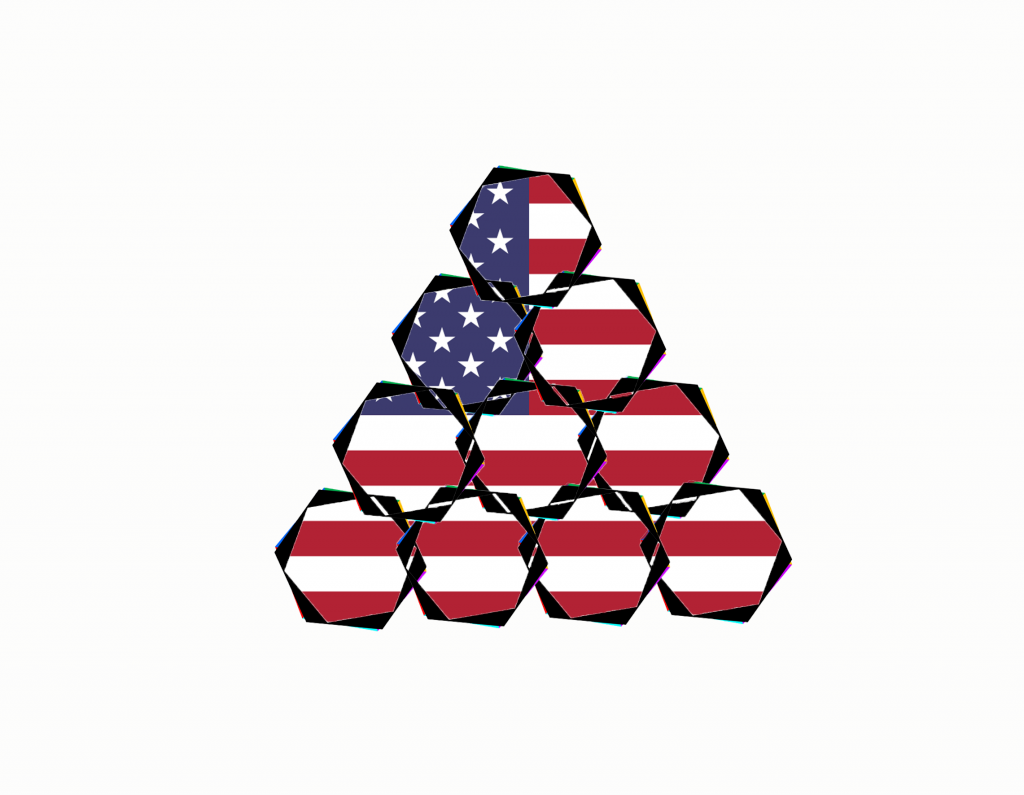Mini-Heap
Here’s the latest Mini-Heap!
- What the folk really believe about mental states: our beliefs, desires, emotions, and judgments are under our control — results of six studies (via Fiery Cushman)
- Is sex binary? That question doesn’t have the relevance many seem to think it has — so argues Alex Byrne (MIT)
- We’re neglecting the future — how can we change that?
- The risk faced by “those who would jettison civility in the interest of justice” — Matt Dinan (St. Thomas) on whether niceness is a virtue
- The UK Government’s new commission on architectural design will be chaired by a philosopher — Roger Scruton. In related news, Leon Kass has been appointed Secretary of Ice Cream.
- What universities are doing to shore up humanities majors — philosopher Debra Satz, dean of Humanities and Sciences at Stanford, is among those consulted for the article
- “Calling bullshit might be one of the most insidious forms of bullshit.” — three articles on the anxieties, insecurities, and insights of the humanities, in light of the recent hoaxing, at The Point
- Varieties of nothingness — in science and philosophy
- What were the most influential academic books of the past 20 years? — the Chronicle of Higher Ed gets answers from a variety of academics
- A competition to encourage non-Christian philosophy of religion — from the Journal of Analytic Theology, funded by the APA
BONUS: Do Ethicists and Political Philosophers Vote More Often Than Other Professors?
* * *
Mini-Heap posts appear when about 10 new items accumulate in the Heap of Links, the ever-growing collection of items from around the web that may be of interest to philosophers.
The Heap of Links consists partly of suggestions from readers; if you find something online that you think would be of interest to the philosophical community, please send it in for consideration for the Heap. Thanks!



With regard to “competition for the best paper in analytic theology of an underrepresented religious or theological tradition,” there are a number of religious traditions for which the term “analytic theology” is not appropriate, Buddhism and Daoism most obviously, arguably in the case of Jainism (one here can become, as it were ‘god-like’) as well as several “orthodox” philosophical traditions in Hinduism as well: Sāmkhya and Pūrva Mīmāmsā (with perhaps an exception or two later in the latter school), and, I would argue, so too Yoga (there is a deity of sorts but … ). The late and great Ninian Smart suggested we speak of Buddhology for Buddhist philosophy of religion! Indeed, we might be content with philosophy of religion simpliciter and simply jettison the term “analytic theology” (hence, the best paper in ‘non-Christian philosophy of religion’). The would-be contestant could be confused if only because of the following: “Analytic theology is an interdisciplinary subfield that explores traditional theological topics and questions (in diverse religious traditions) in conversation and methodological continuity with the analytic-philosophical tradition.” In other words, one may not be able to explore “traditional theological topics” in an analytic mode if these are utterly lacking in one of the aforementioned religious traditions.
the “calling bullshit may be bullshit” article is just saying that bullshit-exposing, if valued too highly, may create an incentive for people to be cognitively lazy and fall to bullshit themselves. this is not reason to reject exposure of bullshit; it’s just as important as ever.